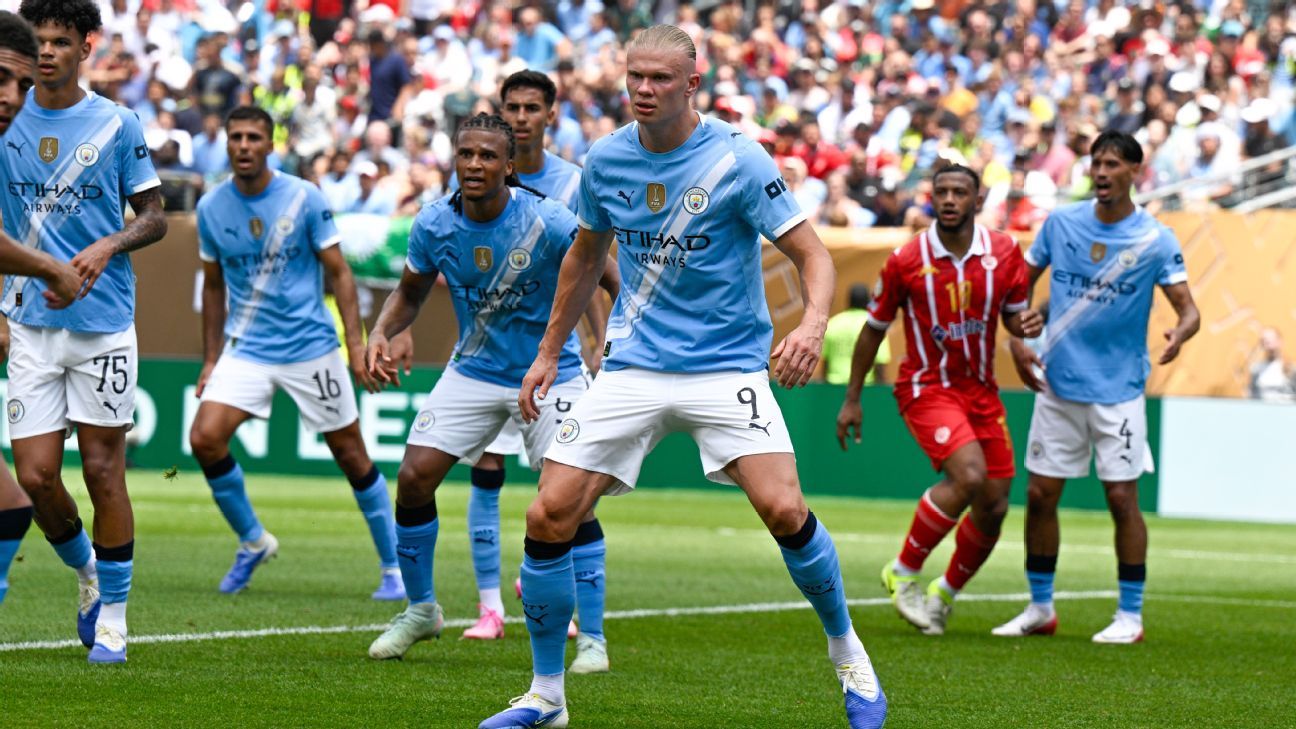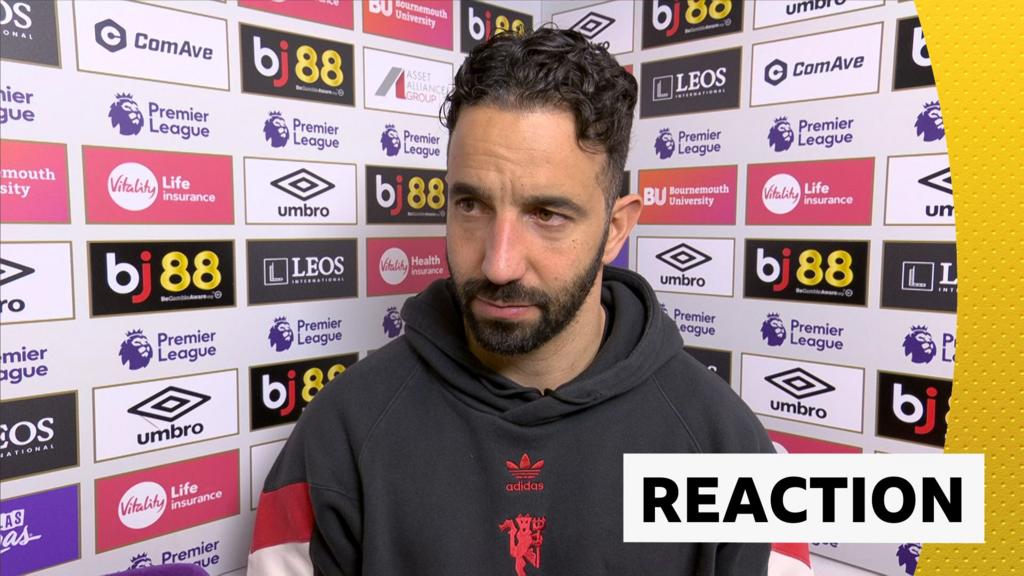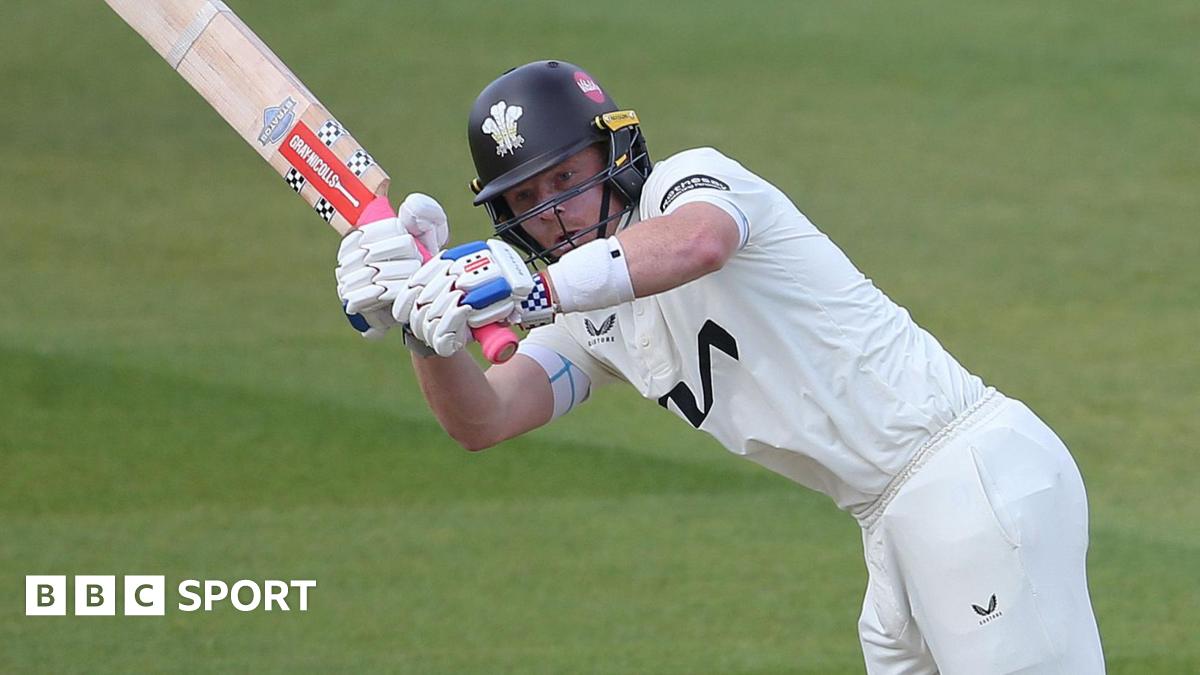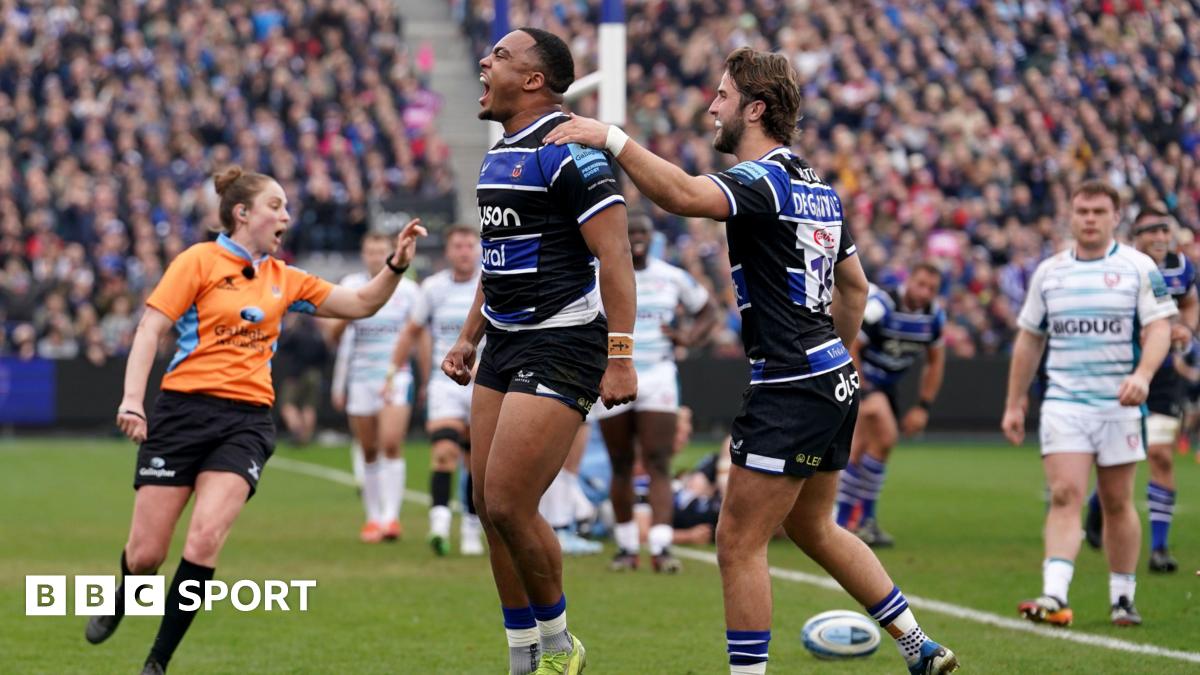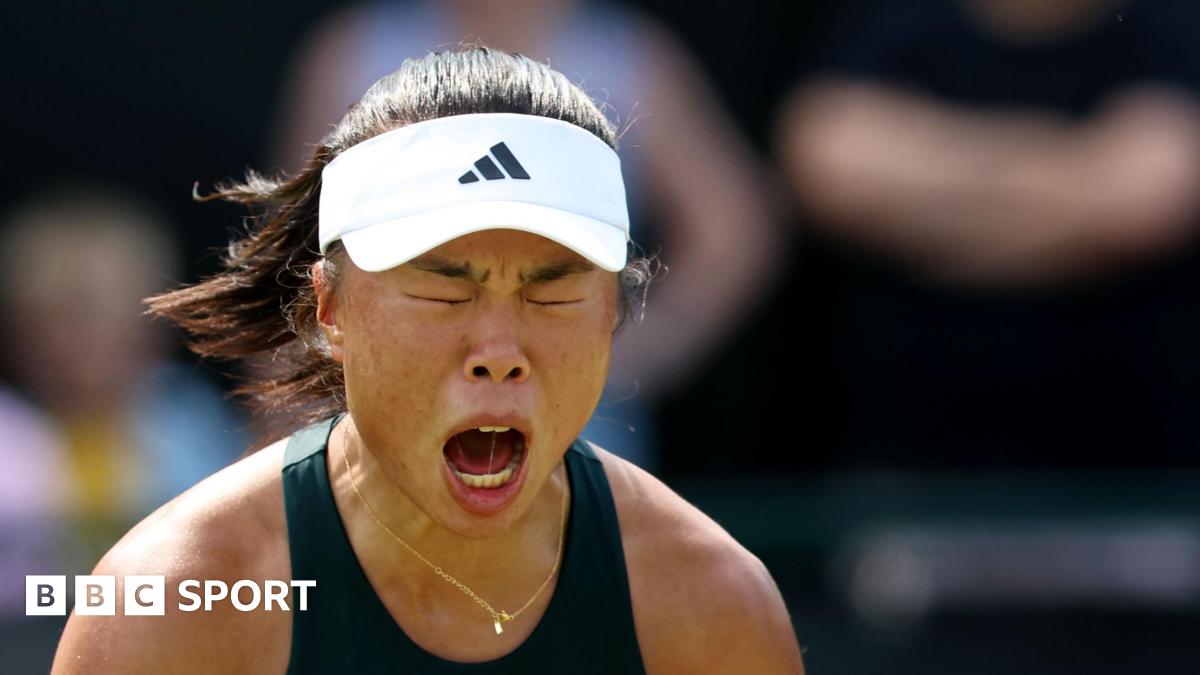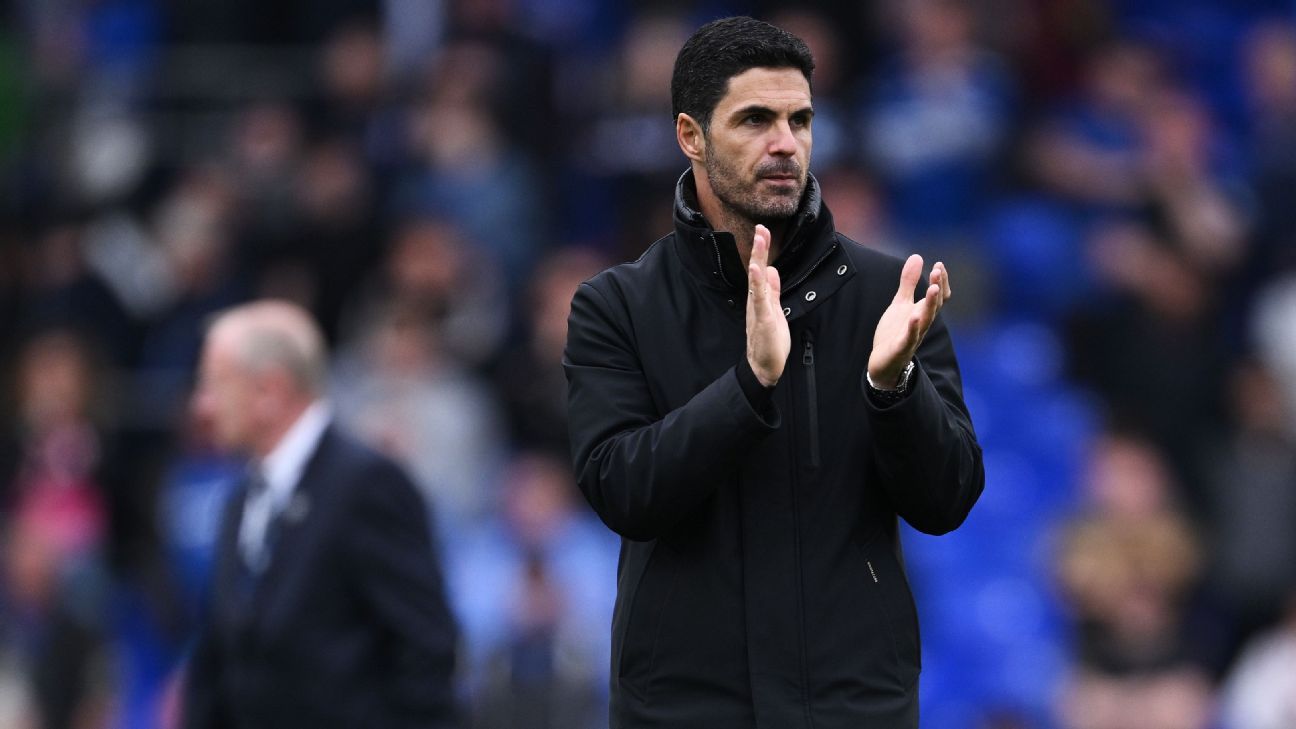Considering the FIFA Club World Cup is a gathering of some of the best teams from all across the globe, it is only natural that there is plenty of diversity at the tournament.
There are 32 teams from six different confederations, all with their own footballing cultures and styles, locking horns and vying to become the first club champions of the world in the competition’s new format.
But upon closer inspection, there is also plenty of representation within continents, countries, and even clubs.
For instance, one team has a staggering 17 nationalities represented in their 31-man squad. Meanwhile, another only has five out of 27 hailing from their own country.
So who are the most and least diverse teams at the Club World Cup?
Auckland City (New Zealand)
-
Squad size: 27
-
Local players: 23 (85.2%)
-
Total nationalities represented: 5
-
Best-represented foreign nationality: China, Ireland, Spain, Uruguay (one player each)
We start off with Auckland City because, as the only amateur club at the tournament, it might have been easy to assume they would be the least-diverse team — with almost all of their squad hailing from New Zealand.
Instead, the five nationalities represented in their ranks is actually only the second-least — with two other clubs boasting four (we’ll get to them).
Auckland City’s 85.2% of players from their home country is also surpassed by one club.
Intriguingly, the club’s foreign contingent includes a 35-year-old Chinese midfielder Zhou Tong and Gerard Garriga, a Spaniard who only played as high as the seventh-tier in his homeland before spending the rest of his career in New Zealand.
River Plate (Argentina)
-
Squad size: 34
-
Local players: 29 (85.3%)
-
Total nationalities represented: 4
-
Best-represented foreign nationality: Chile, Colombia (two players each)
For the least-diverse club at the tournament, look no further than Argentine powerhouses River Plate.
A total of 85.3% of their squad hail from Argentina, including four — Franco Armani, Gonzalo Montiel, Germán Pezzella and Marcos Acuña — who were part of their nation’s 2022 World Cup-winning squad.
This number makes them the team with the largest domestic contingent, beating Auckland City by 0.1%.
River, along with the next club on this list, is also bottom in terms of representation, with their squad made up of just four nationalities.
1:07
Lionel Messi brings up 50 for Inter Miami in historic win
Check out the best stats as Lionel Messi scores his 50th goal for Inter Miami, who take down FC Porto in Club World Cup Group A.
Urawa Red Diamonds (Japan)
-
Squad size: 32
-
Local players: 27 (84.4%)
-
Total nationalities represented: 4
-
Best-represented foreign nationality: Brazil (3 players)
Matching River with four nationalities represented is Japan’s Urawa Red Diamonds, who they coincidentally met — and defeated — in their opener on Tuesday.
Urawa’s 84.4% local-player squad makeup is third only to River and Auckland City.
Still, it must be noted that clubs in the J1 League can only field five foreigners in a matchday squad, even though there is no limit to the number they can have in their ranks, which could be a factor in Urawa not signing more imports.
When Urawa do cast their eyes abroad, it seems like Brazil is their favorite source for recruits — with three of their four foreign players hailing from the South American nation.
LAFC (U.S.)
-
Squad size: 31
-
Local players: 12 (38.7%)
-
Total nationalities represented: 17
-
Best-represented foreign nationality: Brazil, Canada, France (2 players each)
In all honesty, it was the club next in line that — at first glance with 16 different nationalities — looked certain to be the most-diverse team in the competition.
Upon further examination, one team surpassed that tally.
LAFC still have 38.7% of their squad hailing from the United States, which isn’t even in the five lowest local-player representation, but they also have an incredible 17 different nations represented in their team.
For the record? Brazil, Canada, Colombia, El Salvador, France, Gabon, Ghana, Guatemala, Italy, Luxembourg, Mexico, the Netherlands, Norway, Spain, Ukraine, United States and Venezuela.
Al Ain (UAE)
Falling just short of LAFC, Al Ain are not only represented by United Arab Emirates but Argentina, Austria, Bosnia and Herzegovina, Brazil, Congo, Egypt, Mali, Morocco, Nigeria, Paraguay, Portugal, Senegal, Slovenia, South Korea, and Togo as well.
They do still have decent local representation with almost a quarter of their squad being made up of domestic players.
It is however worth noting that from the team that lost 5-0 to Juventus on Wednesday, the only Emirati in the starting XI was Kouame Autonne — himself an Ivorian-born naturalized citizen — while just one other made it to the field as a substitute.
1:23
Guardiola: Rico Lewis’ red card vs. Wydad was unnecessary
Pep Guardiola gives his reaction to Rico Lewis’ red card in Man City’s 2-0 win over Wydad at the Club World Cup.
Manchester City (England)
-
Squad size: 27
-
Local players: 5 (18.5%)
-
Total nationalities represented: 15
-
Best-represented foreign nationality: Brazil, Portugal (three players each)
There has long been debate surrounding the Premier League’s pulling power with international players and how it affects the opportunities available for homegrown talent coming through academy ranks, especially at the leading teams.
While England continue to perform on the international stage, it is impossible to ignore the distinctively small number of local players at a club like Manchester City.
In fact, with just five English players in their 27-player Club World Cup squad — of which only Phil Foden and John Stones, and perhaps Rico Lewis, can claim to be regular starting XI fixtures — City have the fewest domestic players at the tournament, and are the only club below the 20% mark. That total would have been bolstered by one had manager Pep Guardiola included Jack Grealish in his tournament squad, but instead he chose to leave him at home.
City’s 15 different nationalities is also the joint-third highest behind LAFC and Al Ain.
Chelsea, the other English club at the tournament, have 35.7% of English players (10 out of 28) in their squad, which is also among the lowest five teams.
2:33
How Messi made the difference for Inter Miami vs. Porto
Alejandro Moreno breaks down how Lionel Messi and his Inter Miami side were able to beat Porto in the Club World Cup.
Inter Miami (U.S.)
The second MLS side to make this list, Inter Miami’s 24.1% local-player makeup is the second-lowest behind only City.
However, the most interesting aspect about Miami’s squad is the fact that — from the 22 imports — nine hail from Argentina for an overall 31%, which is by far the most from a single country.
Lionel Messi has certainly been feeling right at home with the number of compatriots surrounding him, and that is even before factoring in ex-Barcelona teammates Luis Suárez, Sergio Busquets and Jordi Alba.
Atlético Madrid are the next with the most number of foreigners from the same nation. Coincidentally, it is once again Argentina that is contributing 17.7% (six out of 34 players) of the LaLiga outfit’s squad.
Most diverse squads
1. LAFC (17 different nationalities)
2. Al Ain (16 different nationalities)
3. Juventus (15 different nationalities)
=. Manchester City (15 different nationalities)
5. Inter Milan (14 different nationalities)
Least diverse squads
1. River Plate (4 different nationalities)
=. Urawa Red Diamonds (4 different nationalities)
3. Auckland City (5 different nationalities)
=. Monterrey (5 different nationalities)
=. Palmeiras (5 different nationalities)
=. Ulsan HD (5 different nationalities)
Largest domestic contingent
1. River Plate (29 of 34, 85.3%)
2. Auckland City (23 of 27, 85.2%)
3. Urawa Red Diamonds (27 of 23, 84.4%)
4. Mamelodi Sundowns (28 of 35, 80%)
5. Ulsan HD (23 of 29, 79.3%)
Smallest domestic contingent
1. Manchester City (5 of 27, 18.5%)
2. Inter Miami (7 of 29, 24.1%)
3. Al Ain (8 of 33, 24.2%)
4. FC Salzburg (9 of 28, 32.1%)
5. Chelsea (10 of 28, 35.7%)

